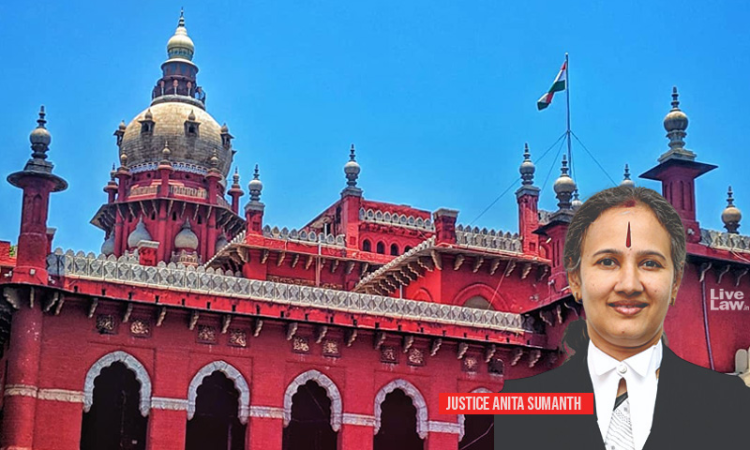The Madras High Court recently upheld the validity of the Government Order issued by Tamil Nadu's Municipal Administration and Water Supply Department and the consequential resolutions of Greater Chennai Corporation and Coimbatore Corporation by which the property taxes in Chennai and Coimbatore were revised and increased.The court however emphasised that this revision in tax rates could not...

